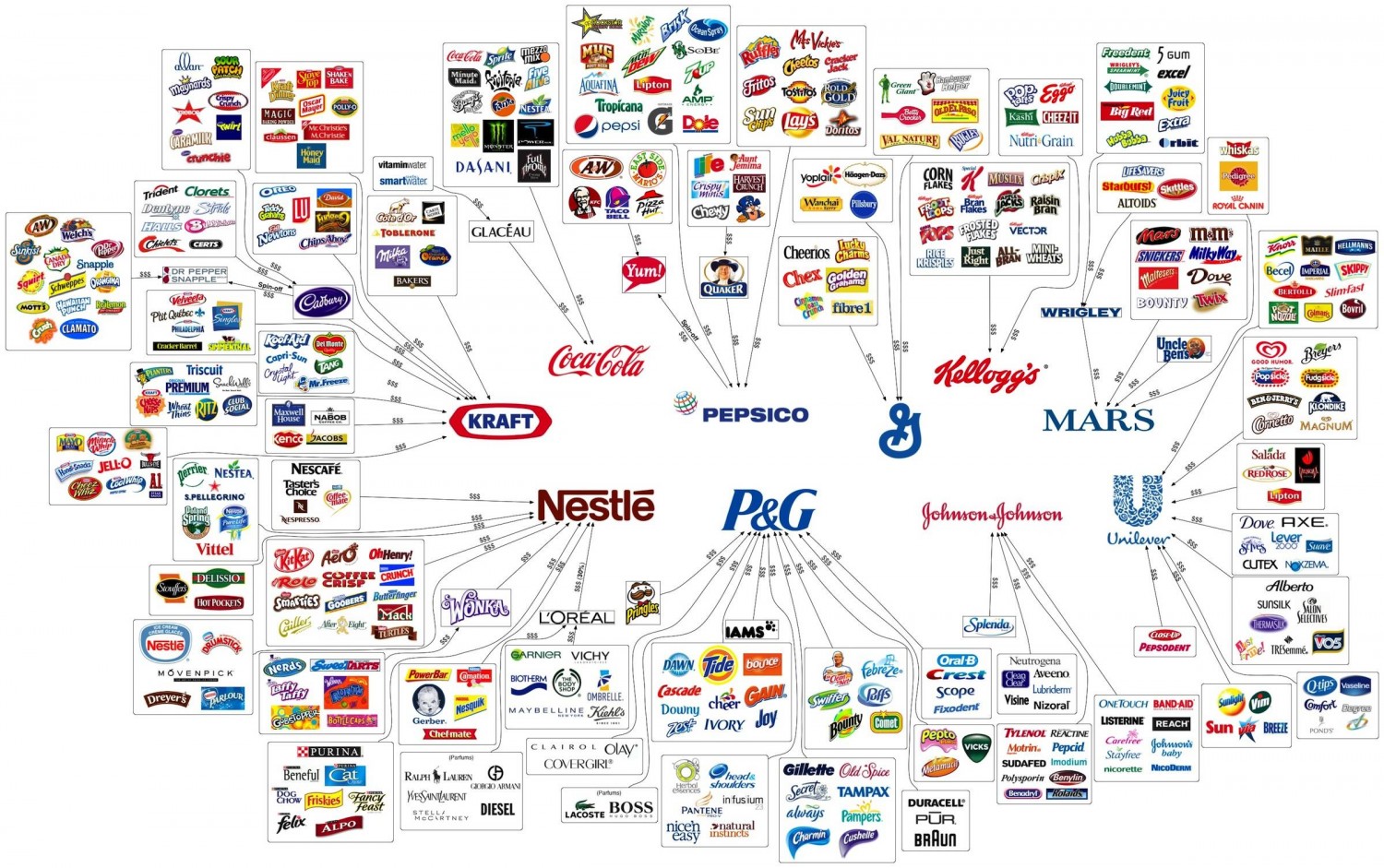
At the 2019 World Economic Forum’s Annual Meeting in Davos, a 16-year-old climate activist, Greta Thunberg, urged people to “panic” about the current state of the environment. Her words have been sent all over the world alarming people to take action starting today. Addressing environmental issues requires global participation. Alongside fast-growing economies, environmental challenges have intensified in both developed and developing countries. Offsetting environmental impact has become a critical factor on many companies’ agendas today, but we are decades from this carrying the same weight as company profits. Watch Greta's whole speech here: Greta Thunberg Speech.
Companies now are not profiting only from present resources but also investing in the future. Every small effort taken in reducing our carbon footprint can be crucial to the environment. McKinsey & Company, a leading management consulting firm, has been carbon neutral since 2018. In order to get in line with the Paris Agreement, they began to reduce their travel intensity and started to transition to renewable electricity. McKinsey has also initiated 8 different carbon-reduction projects across the world. For example, the rainforest conservation in Brazil, wastewater treatment in Thailand, and landfill gas control in Turkey. They are not only reducing their carbon footprint but also supporting people who protect the planet by conducting thorough research on emission-reduction opportunities which provides a fact base for reference.
McKinsey & Company is only one example among many companies that have joined the trend of being responsible and proactive in the process of offsetting the environmental impact. From a report in Forbes, we see another 101 companies ranging from agricultural to software who have committed to reducing their carbon footprint. By focusing on waste conservation, switching to energy-efficient appliances, and using renewable energy, these companies such as Coca-Cola, Google, and Unilever have begun to answer the call. Unfortunately, there is a still a lot more to be done by these corporate giants.

From the Sustainability Reporting Trends in North America 2017, published by the Centre for Sustainability and Excellence (CSE), people can generate some insights about how sustainability affects performance in their company. The founder and President of CSE Nikos Avlonas said in an interview that two-thirds of companies with higher sustainability rates had better financial performance compared to the others during 2014-2016. He pointed out that stakeholders would see more opportunities and have more trust in companies that have clear and all-inclusive targets.

Companies develop all kinds of strategies in order to achieve their goals in offsetting the environmental impact. These strategies should align with the local environment as the needs are varied among geological locations. The Ecological Footprint it a great tool to measure how much land and water a person or a population needs to produce the resources it consumes. There are things we can do as individuals like reducing the number of flights, ordering out less and not using excess plastic in an effort to help preserve nature. In the same breath, corporations must be willing to dramatically step up their game in minimizing the impact their production has on the environment. This can be done with internal initiatives and rewards to employees for taking action or wider cooperation with environmental protection organizations to align company goals with the guidelines for environmentally sustainable business practices.
ATIOM is a mobile based training solution that makes learning fun, effortless and measurable. Request Your Demo Here.

